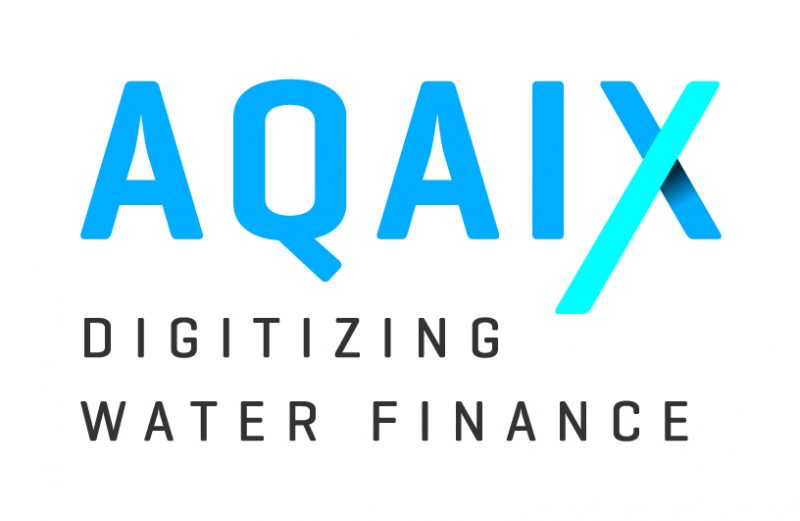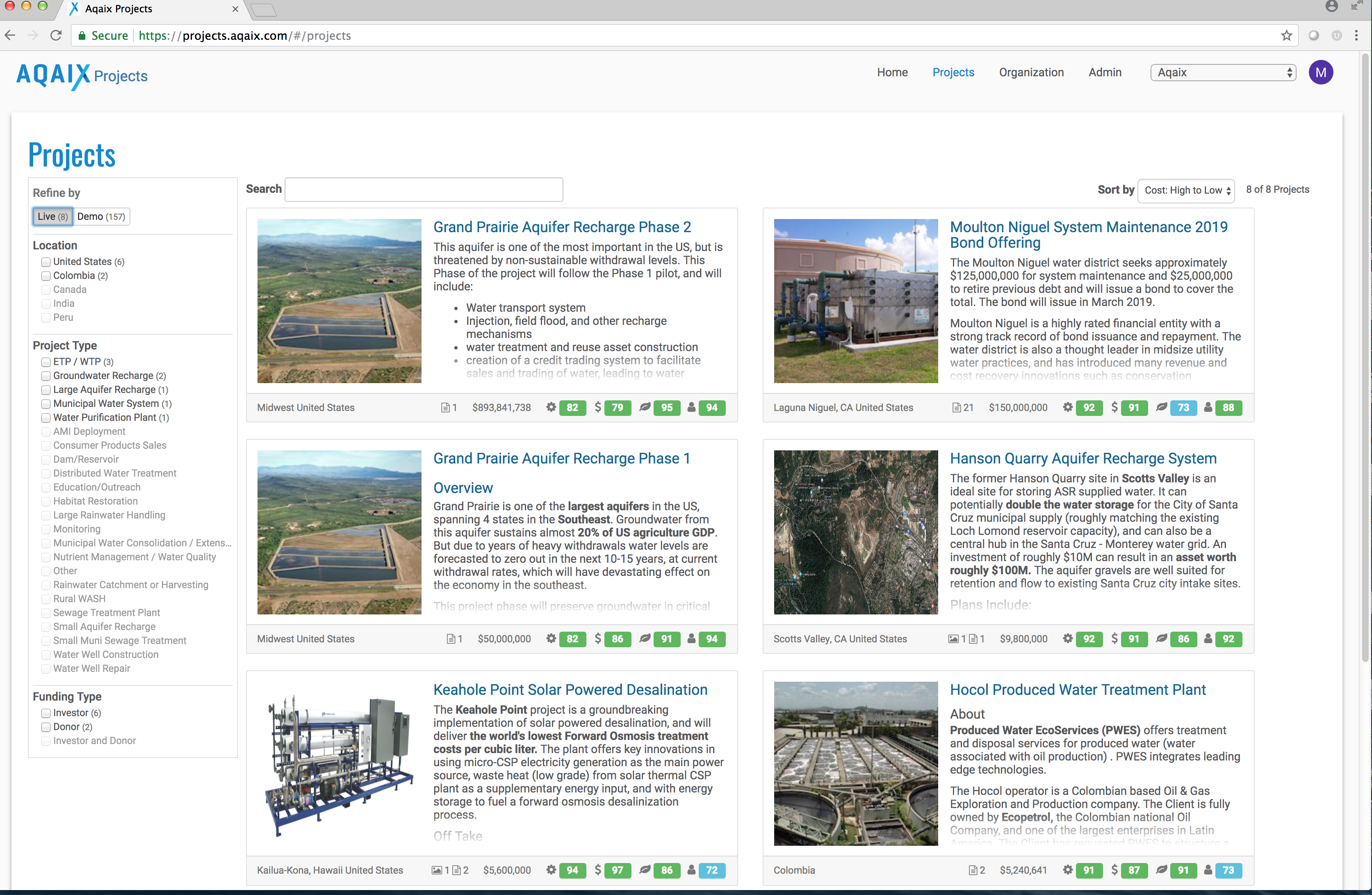Companies
Local startups looking for seed, series A funding could qualify for Opportunity Zone funding

By Michael Gardner
CEO of Aqaix
Special for Santa Cruz Tech Beat
August 6, 2019 — Santa Cruz, CA
Aqaix, a Santa Cruz based SaaS Fintech startup, offers an online marketplace connecting investment opportunities with investors.
One little-known provision of the December 2017 US tax overhaul law was a bi-partisan measure co-authored by Senators Corey Booker (D-NJ) and Tim Scott (R-South Carolina) authorizing special tax handling for investments made into “Opportunity Zones” (OZs) – specially designated regions — in the USA. This provision intends to stimulate economic development and create jobs in low income communities, by offering significant capital gains tax incentives to investors making certain types of equity investments within an OZ. (To really understand these incentives its worth consulting with a tax professional, but briefly, some capital gains rolled over into OZ investments may enjoy a stepped up basis, and capital gains from the investments themselves can be tax free for many years.)

Click to expand: The Aqaix online marketplace listing Impact investment opportunities. (Contributed)
As stipulated in the act, the US Treasury Department, working with the governors of all 50 states, has subsequently defined about 8000 opportunity zones throughout the US. There are many designated opportunity zones throughout California, including in Santa Cruz, Monterey and Benito counties, various locations in the east Bay and on the Peninsula and in south San Francisco, and many locations throughout the Central Valley.
The Treasury Department has now also mostly completed the defining characteristics of a qualifying investment, and the type of business that can be invested in.
In parallel, over 180 Opportunity Zone Funds (OZFs) investment funds have been created. These funds offer an investor the option of participating in larger pools of money, and diversifying into an OZ portfolio which is managed by the fund. These funds have raised billions of dollars, and some estimate that as much as $2 Trillion will eventually flow into these investments.
The majority of OZ fund investments to date have been in real estate. But an investment into a Qualified Opportunity Zone Business (QOZB) is also allowed by the act, and any fund (or individual investor) can invest in a QOZB and qualify for the tax benefits. Observers believe that as the inventory of real estate opportunities in these zones gets snapped up, QOZB investments will become a vital part of a fund’s portfolio , enabling both higher potential returns, and risk hedging through diversification.
Any startup business today looking to scale their operations through equity funding should consider whether they should offer equity as a QOZB. One reason to consider being an OZ investment is the sheer volume of capital looking for a good home (some have likened this to the Oklahoma land rush). The likelihood of a sudden spate of deals contrasts starkly with the ongoing structural changes in the traditional VC finance marketplace, in which early stage deals are steadily decreasing. (Some recent venture statistics indicate that early stage deals are at about 50% of their level a mere few years ago.) Second, due to the Treasury Department stipulations regarding when investments must be made, investors will be under pressure to get bets placed soon, giving some bargaining leverage to the startup when negotiating terms.
If you are interested in considering seeking funding for your startup, note that there are three specific requirements to qualify as an OZB. First, substantially all of the tangible real estate property owned or leased by the QOZB must be in a defined Opportunity Zone. Second, at least 50% of the QOZB’s total gross income should be derived from the active conduct of trade or business in the zone. Third, a substantial portion of the QOZB’s intangible property (such as software Intellectual Property) must be used in the active conduct of a trade or business in the zone.
These regulations can accommodate many common startup business models, including SaaS businesses with software development activities, and control of cloud computing resources, located in an opportunity zone. They also can accommodate many manufacturing, ecomm, and mail-retail businesses. They also could cover some types of franchise business models, and businesses dedicated to serving opportunity zone activity, for example a construction business dedicated to construction in the 8,000 opportunity zones.
Aqaix, a Santa Cruz based SaaS Fintech startup, offers an online marketplace connecting investment opportunities with investors. Aqaix’ main focus to date has been on water infrastructure finance (a $300B global market today, and doubling in the next 5-10 years) but it is diversifying into adjacent markets such as clean energy finance and Impact finance. As part of this diversification it is developing a new marketplace hosting only qualified opportunity zone businesses, for discovery by the opportunity zone funds and other opportunity zone investors.
Startups interested in being considered for a free listing in this portfolio can email info@aqaix.com for more information., and investors can email to request access as an investor.
Due to the tax incentive timelines, the clock is ticking on OZ investing, so any business looking to scale through an equity offering should learn more about whether they are, or can, qualify as a QOZB.
###




